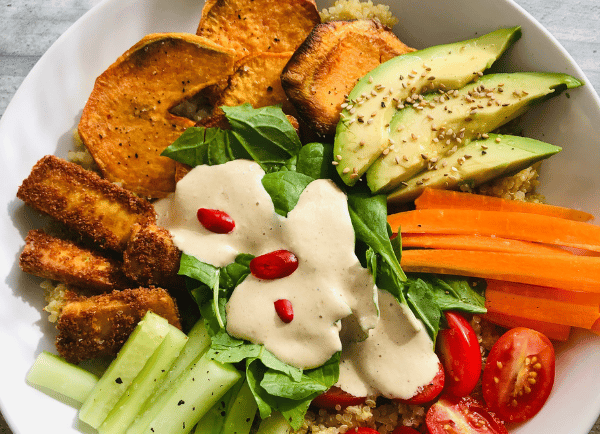The best diet for conceiving quirkily
healthy living always matters
LIFESTYLE FOOD


The Best Diet for Conceiving Quickly: A Comprehensive Guide
The journey to parenthood is an incredible one, filled with anticipation, excitement, and sometimes, challenges. For couples looking to conceive quickly, diet plays a crucial role in improving their chances of a successful pregnancy. While there is no one-size-fits-all approach, certain dietary choices can enhance fertility and increase the odds of conception. In this blog, we will explore the best diet for conceiving quickly, focusing on evidence-based recommendations that can help both men and women on their fertility journey.
Balanced Nutrition
The foundation of any healthy diet for conceiving quickly is balanced nutrition. A diet rich in essential nutrients, including vitamins, minerals, and macronutrients, supports overall health and fertility. Here are some key components:
a. Folate and Folic Acid: Adequate folate intake is crucial for both men and women. It helps prevent neural tube defects in the developing fetus. Foods like leafy greens, beans, and fortified cereals are excellent sources.
b. Omega-3 Fatty Acids: Omega-3s found in fatty fish (e.g., salmon), flaxseeds, and walnuts support sperm health and regulate menstrual cycles in women.
c. Antioxidants: Antioxidants like vitamin C, vitamin E, and selenium help protect eggs and sperm from damage caused by free radicals. Berries, nuts, and vegetables are rich sources.
d. Iron: Iron is essential for maintaining healthy blood levels. Women should ensure they have an adequate intake of iron from sources like lean meats, beans, and fortified cereals.
Whole Grains
Opting for whole grains over refined grains is an essential aspect of a fertility-friendly diet. Whole grains like brown rice, quinoa, and whole wheat bread provide complex carbohydrates that help stabilize blood sugar levels. This, in turn, can regulate menstrual cycles and improve ovulation in women.
Protein Sources
Protein is a fundamental building block for the body and plays a vital role in fertility. Lean sources of protein, such as poultry, fish, beans, and tofu, should be included in your diet. Adequate protein intake is essential for hormone production, which is crucial for both men and women in the conception process.
Healthy Fats
Including healthy fats in your diet can boost fertility. Monounsaturated and polyunsaturated fats found in olive oil, avocados, and nuts help regulate reproductive hormones. However, it's important to limit saturated and trans fats, which can have adverse effects on fertility.
Dairy or Dairy Alternatives
Research suggests that full-fat dairy products may have a positive impact on fertility in women. However, if you're lactose intolerant or prefer plant-based options, fortified almond or soy milk can provide similar nutrients.
Limit Added Sugars and Processed Foods
High sugar consumption and a diet heavy in processed foods can lead to insulin resistance, which can interfere with ovulation and sperm health. Reducing your intake of sugary beverages, snacks, and processed meals is crucial for optimizing fertility.
Hydration
Staying adequately hydrated is essential for maintaining a healthy reproductive system. Water helps transport nutrients to cells and remove waste products from the body. Aim to drink plenty of water throughout the day.
Fertility-Boosting Herbs and Supplements
Certain herbs and supplements may aid in fertility, but it's essential to consult with a healthcare professional before incorporating them into your diet. Examples include chasteberry, maca root, and coenzyme Q10.
Maintain a Healthy Weight
Maintaining a healthy weight is crucial for fertility. Both overweight and underweight individuals may face difficulties conceiving. A balanced diet combined with regular physical activity can help you achieve and maintain a healthy weight.
While there is no magical diet that guarantees a fast conception, a well-balanced and nutrient-rich diet can significantly increase your chances of getting pregnant. It's important to remember that every individual is unique, and what works for one person may not work for another. Consulting with a healthcare provider or a registered dietitian can provide personalized guidance based on your specific needs and circumstances. In addition to dietary choices, managing stress, getting enough sleep, and avoiding harmful substances like tobacco and excessive alcohol can also contribute to a healthier fertility journey.


